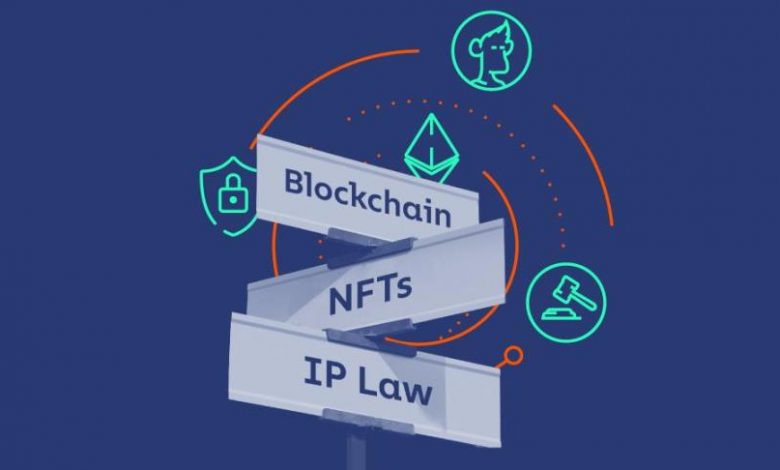Bitcoin and Intellectual Property Rights: NFTs and Beyond

Bitcoin and Intellectual Property Rights: NFTs and Beyond
Introduction
The rise of Bitcoin and other cryptocurrencies has sparked a new wave of innovation in the world of finance. However, beyond its potential as a digital currency, Bitcoin and its underlying technology, blockchain, have also garnered attention in the realm of intellectual property rights. One particular area of interest is the concept of Non-Fungible Tokens (NFTs) and their impact on the ownership and protection of digital assets. In this blog post, we will explore the intersection of Bitcoin, intellectual property rights, and NFTs.
The Basics of Bitcoin and Intellectual Property Rights
Bitcoin, often referred to as digital gold, is a decentralized cryptocurrency that operates on a peer-to-peer network. Its underlying technology, the blockchain, serves as a transparent and secure ledger to record transactions. While Bitcoin itself holds no inherent intellectual property rights, its blockchain technology has the potential to revolutionize intellectual property management and authentication. Here are a few key points to understand:
1. Immutable and Traceable Transactions
One of the core advantages of blockchain technology is its immutability and transaction traceability. Each Bitcoin transaction is recorded on the blockchain, allowing for transparent ownership history. This feature has the potential to revolutionize intellectual property rights management, as it can provide a secure and tamper-proof record of ownership and transfers.
2. Opportunities for Digital Asset Ownership
With the advent of NFTs, individuals can now claim ownership of digital assets on the blockchain. NFTs represent unique digital items, whether it be artwork, music, collectibles, or virtual real estate. By leveraging blockchain technology, NFTs ensure that the ownership of these digital assets is secure and provable.
NFTs and Intellectual Property Rights
NFTs have gained significant attention in the art world, as they provide artists with a new medium to monetize their creations. However, as NFTs continue to gain popularity, questions around intellectual property rights arise. Here are a few FAQs to address these concerns:
1. Can NFTs protect intellectual property rights?
While NFTs themselves do not grant intellectual property rights, they can provide a secure record of ownership. For artists, creators, and copyright holders, NFTs offer the potential to document their ownership of digital assets, which can be valuable evidence in case of infringement disputes.
2. How can creators protect their works from unauthorized NFTs?
Creators should consider registering their works with traditional copyright protection agencies or organizations, ensuring their rights are recognized. Additionally, monitoring platforms that specialize in detecting unauthorized use of copyrighted content can help creators identify and take action against the unauthorized creation of NFTs.
3. Are there any limitations to NFTs and intellectual property rights?
While NFTs offer a new way to authenticate ownership of digital assets, they do not necessarily address issues such as unauthorized copying or derivative works. Creators should remain vigilant in protecting their intellectual property rights and explore additional avenues to safeguard their works beyond NFT ownership.
Conclusion
The intersection of Bitcoin, intellectual property rights, and NFTs presents both opportunities and challenges for creators and copyright holders. While NFTs provide a promising avenue for documenting ownership of digital assets, they are just one piece of the puzzle in protecting intellectual property rights. As the world of blockchain and cryptocurrencies continues to evolve, it’s crucial for creators to stay informed and adapt their strategies to safeguard their intellectual property.